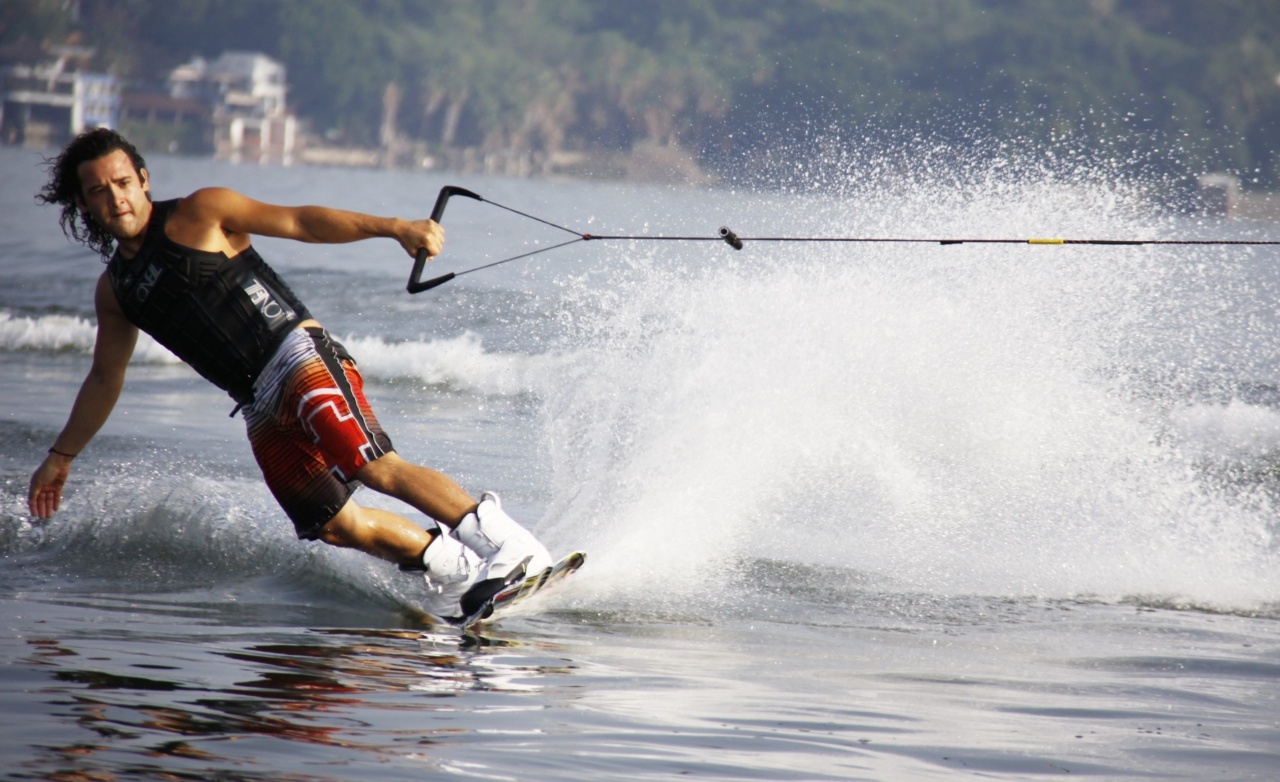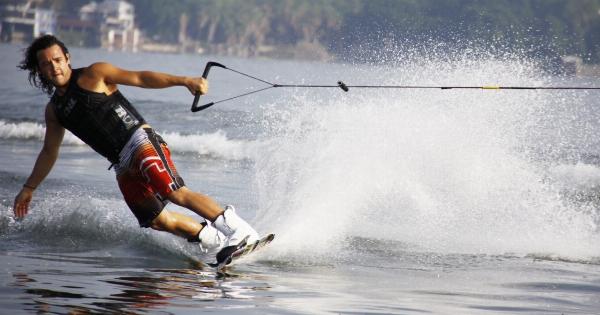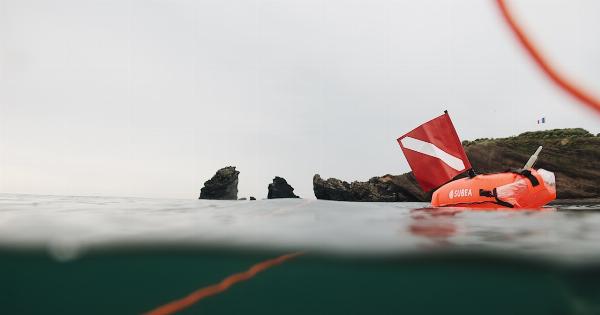Water skiing is a fun and exciting watersport that can be enjoyed by people of all ages and skill levels. However, before hopping onto the water skis, there are important inquiries that you need to make.
1. Do You Have a Properly Fitted Life Jacket?
A life jacket is one of the critical safety gear that you need as a water skier. Before hitting the water, ensure you have a properly fitted life jacket and that you can fasten and release it quickly and easily.
2. Are You Familiar with the Equipment?
It’s vital to know the equipment before water-skiing. Ensure that you’re familiar with the boat’s controls and signals, the skis, ski rope, and the safety release binding.
3. Have You Practiced Your Moves and Signals?
Even if you’ve water-skied before, you need to practice your moves and hand signals to stay in control and communicate effectively with the boat operator.
4. Have You Checked for Obstacles or Hazards on the Water?
Prior to skiing, check the water for obstacles, hazards, and other vessels to avoid collisions and injuries.
5. What Are the Water Conditions?
Depending on your water-skills level, it’s essential to check the water conditions such as wind, waves, current, and water temperature. These factors can affect your ability to ski and your safety.
6. Is There Anyone Else on The Boat?
If someone else is on the boat with you, discuss the water skiing signals and rules of the water. Let them know that you’re a beginner or a professional and what to expect – either tips or to show off your skills.
7. Are You In Good Physical Condition?
Water skiing requires a lot of strength and endurance and can be tiring. If you’re not in good physical condition or have any health issues, it might be wise to wait until you’re in better shape before water skiing.
8. What’s Your Skill Level?
Before hopping on a pair of skis, it’s essential to determine your water skills level. If you’re a beginner, start with a slower boat speed and practice basic techniques.
An Intermediate or advanced skier can take on more difficult tricks and higher boat speeds.
9. Have You Warmed-Up?
Water skiing can cause muscle strain, especially if you’re skiing for the first time or after a long break. Warming up before skiing can help prevent injuries and get you ready to tackle the water.
10. Do You Have Emergency Plans in Place?
Lastly, it’s essential to have an emergency plan in place in case of a problem that can arise while skiing. The emergency plan could be making a phone call, signaling to the boat operator, or a pre-established distress signal.
Conclusion
Before water skiing, ensure you have proper equipment, check the water conditions, understand your skill level, and have emergency plans in place. Safety should always be your top priority when having fun on the water.






























